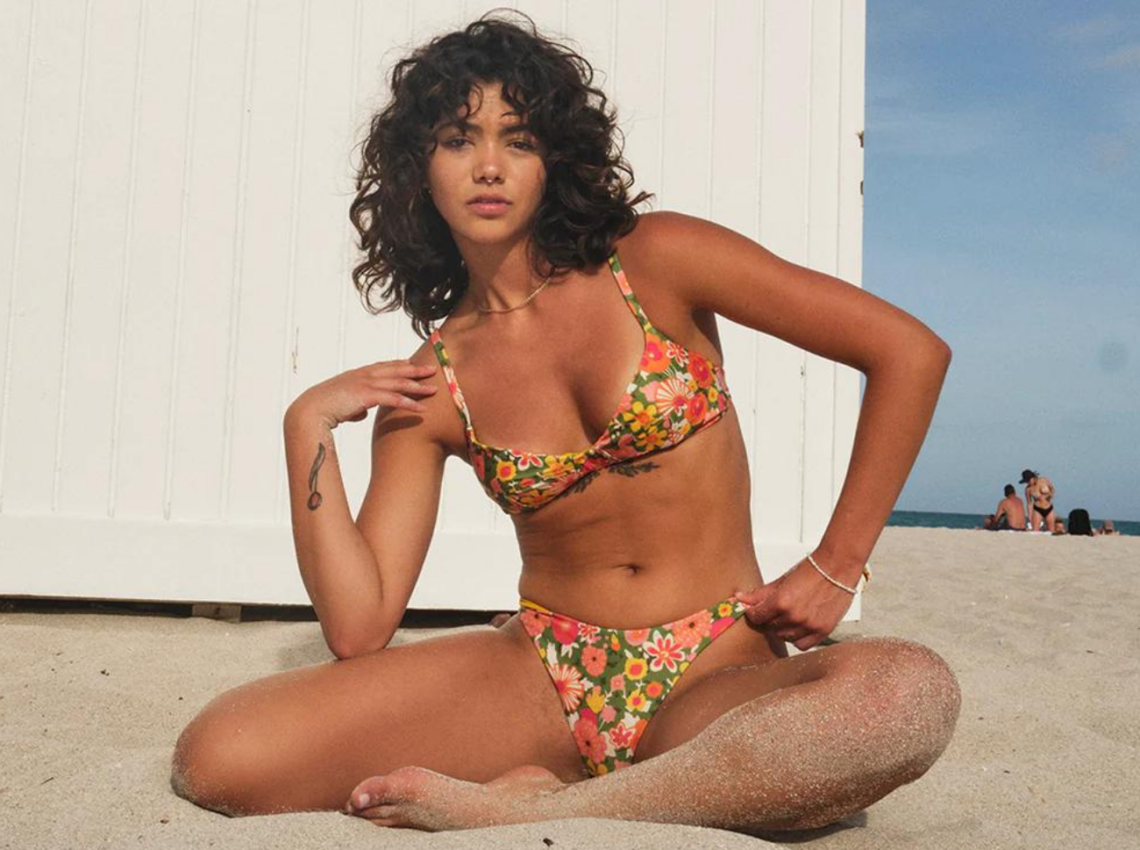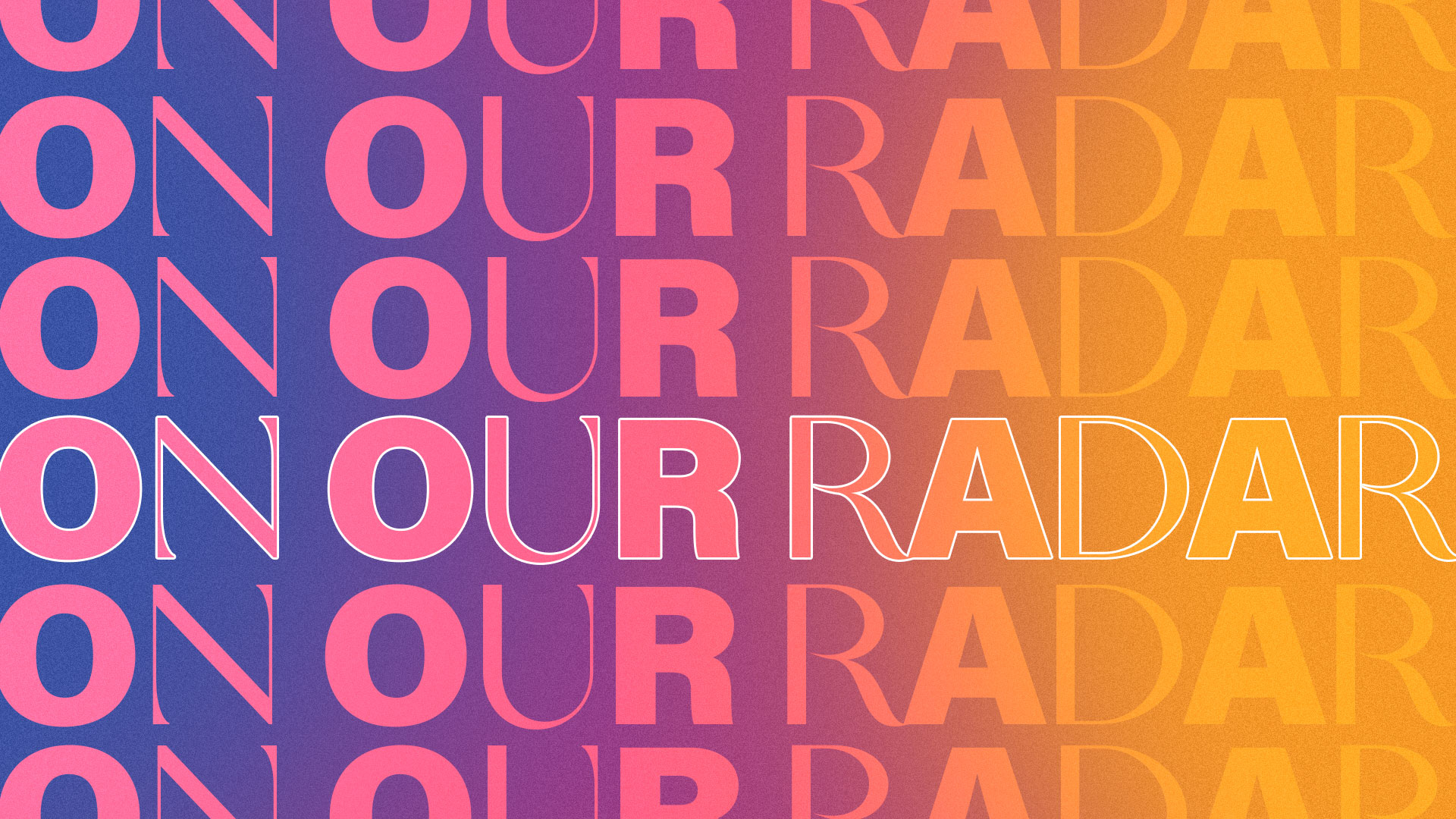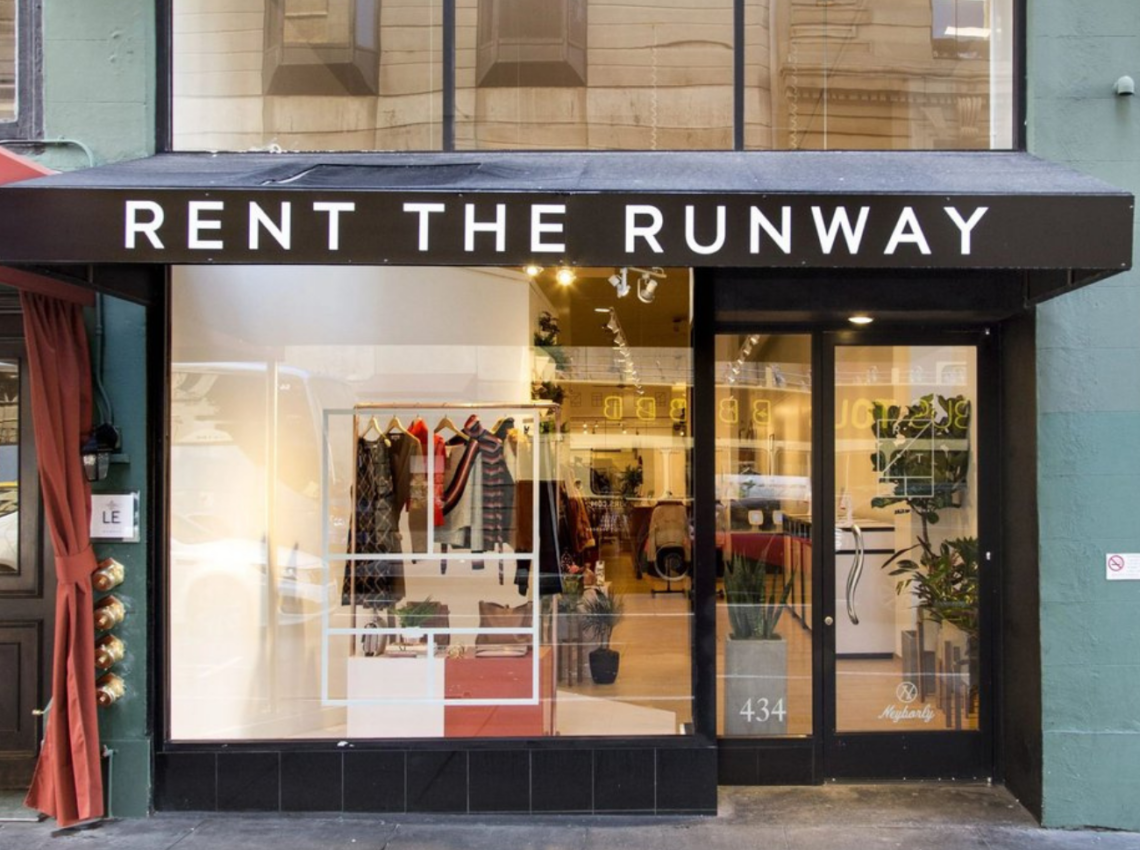Five Sustainable Fashion Essentials for Summer

So, summer is here, you’re excited to be outside again. The familiar temptation to buy yourself a whole new summer wardrobe is calling, but you want to be more sustainable.. Sustainable fashion has a bad but justified reputation of mainly creating unattractive simplistic designs in burlap-esque fabrics. In recent years that has become less and less true thanks to high standards being set by innovative brands such as Stella Mcartney and Levi’s.
Now, it goes without saying that the most sustainable way to engage with fashion is to shop your wardrobe. However, for when something new is needed, here are 5 sustainable fashion brands you should know.

Summer is the perfect time for quick Eurostar European weekends away or staycations to the coast and for that you’ll need a capacious bag. Sandqvist’s Sigrid tote bag is perfect for this. Not only is it absolutely huge, has multiple interior and exterior pockets, constructed with a soft padding, it’s lightweight and comes in two stylish colours: lichen green and black. It’s also made from 100% recycled nylon and lined with 100% recycled polyester taffeta. Beyond focusing on reducing negative impact on the environment, they also aim to prevent fashion production’s negative impact on people. Fashion production is a hotbed of exploitation of human rights, and is often overlooked in favour of corporate profit margins. Sandqvist tries to mitigate this) by having all their factories audited by Fair Wear Foundation annually, visiting their suppliers regularly and publishing the name of their factories and material suppliers on their website for transparency. Transparency has long been the antidote to exploitation in the fashion industry, halted by critics who said that this would lead to a reduction in quality of products, as brands would no longer have a competitive edge.
Sandqvist is proof that this is not the case, as they continue to design trendless pieces inspired by the Scandinavian countryside, and go as far as to teach and encourage customers to repair and care for their products to further a circular fashion mindset. Plus, at £180, their Sigrid tote is at a great competitive price all without being extremely damaging to the environment.

London based womenswear brand Khanum’s focuses on sustainability by offsetting carbon emissions, avoiding excess production by operating a made-to-order system, using biodegradable, recyclable packaging and paying their artisans a fair wage. Khanum’s clothing couldn’t be further away from the aforementioned burlap-esque, unattractive designs associated with sustainability focused brands.
Alongside their endeavours to reduce their footprint as a brand Khanum’s have had a longstanding partnership with The Bangladesh Education Trust. Bangladesh is often the victim of the worst tragedies in the fashion industry such as the Rana Plaza collapse in 2013 that had a death toll of 1,134 and approximately 2,500 injured, many with life-altering effects. As a brand, Khanum’s aims to donate 1% of profits annually, and their founder Rokeya Khanum supports the charity as a ambassador, by supporting their education initiatives which prevents more children being sent to work with the aim of ending child labour.
While the brand was built on monochromatic, heavily embellished blazers, with their newest collection they’ve introduced a selection of bold coloured, fashion forward, sultry designs; the antithesis of boring and basic. My personal favourite of the collection is the Kéna dress because the shade of sunshine yellow is the perfect accompaniment to fun summertime memories.

Denim is an all year essential but nothing screams summer like the perfect pair of denim shorts. However every part of the denim process is very damaging on the planet. From the amount of water needed for production (about 1500 gallons of water per pair of jeans), the pollution caused by dyes, and the fact that denim is made from cotton, mostly grown with harmful fertiliser, is to say the least.
Family owned, vertically integrated and sustainability focused since inception in 2008, DL1961 use a variety of industry leading techniques such as waterless lasers and Ozone treatment to use less than 10 gallons of water to produce their jeans. Then, using their in house treatment plant they treat and recycle 98% of the water that they do use. Their use of clean indigo dyes, certified-organic cotton and wood-pulp fibres also create no harmful byproducts. This is just touching the surface of their efforts to create sustainable denim, a phrase that at one point was the epitome of oxymoronic. They have a wide variety of fits and silhouettes to suit all, but their Zoie relaxed vintage shorts are the perfect summer staple.

Satin slip dresses are synonymous with easy dressing in warm weather. A hip skimming, collar bone accentuating, free flowing, timeless way to serenely dress both casually and formally. Now, her pieces are far from affordable for the average person but there’s no way you can have a list of sustainable fashion brands that create stunning pieces without including Stella McCartney. A true trailblazer, determined to drag the industry into the future, McCartney has been sustainable since her first ever Central St. Martins graduate collection in 1995 and continues to do so.
When her brand was still partially owned by Kering before she bought them out, she spearheaded the charge towards sustainability of Kering brands by making her products leather free. For Kering, a conglomerate that began with Gucci, a brand famous for their Italian leather goods and accessories with high markups and thus high profits, this notion was absurd. But in 2006 just five years after its founding, McCartney’s brand turned a profit a year ahead of schedule, in large part due to sales from accessories. This proved that being sustainability focused at the design stage instead of solely trying to offset the damage done can be highly profitable. It comes as no surprise that even after leaving the group her legacy lives on with Kering announcing that from Fall 2022 collections, none of the group’s Houses will be using fur.
Beyond using sustainable fabrics and methods, McCartney also supports the future of sustainable fashion as a an investor, client and/or unofficial spokesperson for a number of disruptive start ups. This is great because these startups disrupt the fashion industry by introducing new sustainable production methods and debunking the myth that current harmful production methods are “the only way”. All the while, McCartney pieces do not compromise on style, with stunning pieces such as this aquamarine Falabella one-shoulder dress made from forest-friendly viscose and traceable FSC-certified wood pulp from responsibly managed forests verified by the CanopyStyle Audit.

Summer and swimwear go hand in hand from sunbathing in your garden to beach days paired with sweet cocktails, they’re an essential part of your summer wardrobe. Investing in swimwear may seem counterintuitive for those of us based in cooler climates but classic silhouettes that always make you see your body in the best light, is a sure fire way to have a more sustainable wardrobe and help you avoid buying new swimwear for every single trip.
Founded in 2017, LA based Galamaar focus on making every detail possible of their swimwear sustainable to minimise the negative impact of fashion production. Including but not limited to recycled hang tags, carbon-neutral shipping, fabric made of nylon from discarded fishing nets and regenerated mixed-metal hardware. Plus they focus on designing well fit, comfortable swimwear that accentuates the form through a wide variety of silhouettes. They’re an easy way to make your summer wardrobe more green without compromising on style.
Want more fashion recs? Read our payday drops list here.




![ZINO VINCI’S ‘FILTHY & DISGUSTING’EP BRINGS YOU TO THE CORE OF THE ARTIST [@ZinoVinci]](https://guap.co/wp-content/uploads/2023/10/Zino-4.jpg)




1 Comment
[…] Looking to shop more ethically? Check out our list of five sustainable fashion brands for the summer here. […]
Comments are closed.